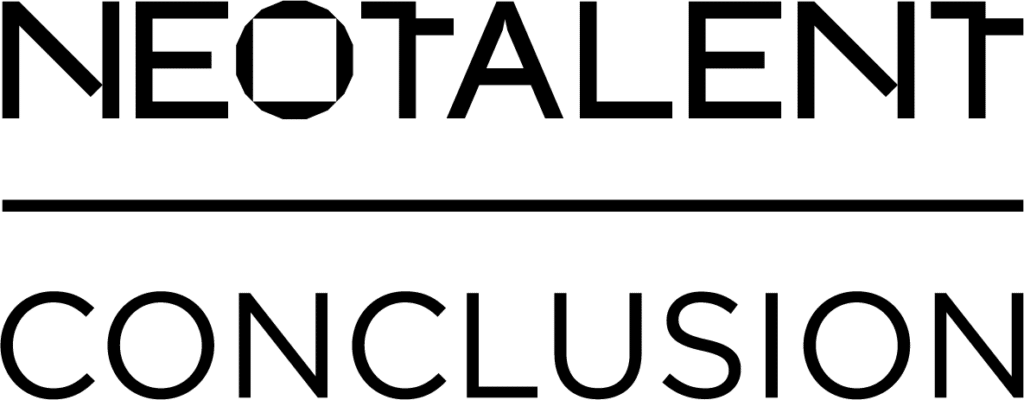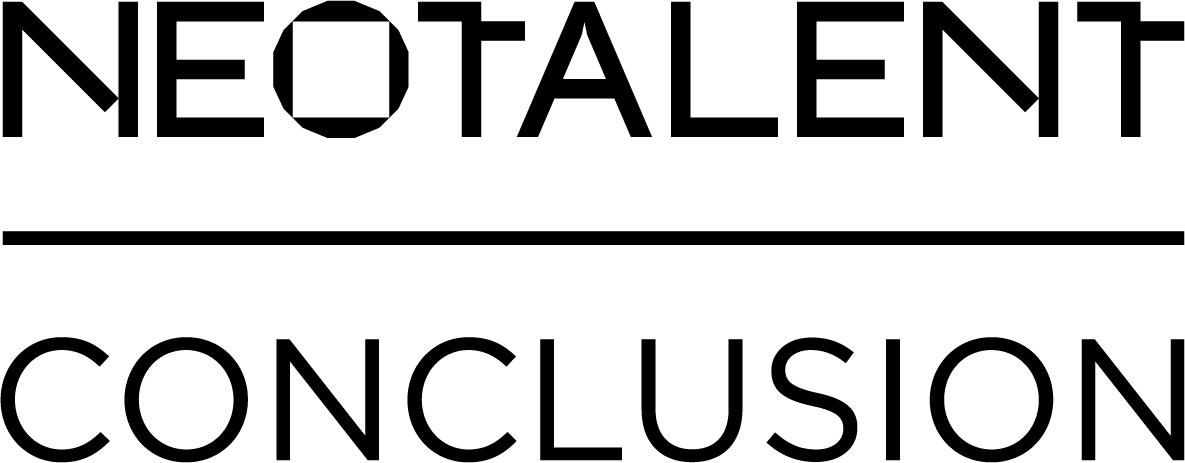In today’s global context, in which all businesses operate mostly in a digital environment, we must consider the impact of our practices on the environment and act on it. Organizations face multiple challenges and are under increasing pressure to become more sustainable. It’s not just a trend; sustainability has become a necessity in all sectors and an accelerator for innovation, transforming consumer expectations, and influencing the way companies operate by adopting digital practices that are financially and environmentally sustainable.
But what is Digital Sustainability anyway?
When we talk about digital sustainability, we are referring to the use of digital tools and technologies to promote environmental sustainability and support more sustainable business operations.
Some examples involve the use of digital transformation technologies, such as the Internet of Things (IoT), Artificial Intelligence (AI), Big Data analysis, among others, so that we can reduce environmental impact. Likewise, the use of digital tools can help track and manage resources more efficiently, as well as support circular economy initiatives and foster collaboration throughout the value chain.
What practices lead to Digital Sustainability?
A brief overview:
FinOps:
is a set of practices that focuses on optimizing the financial aspects of an organization’s operations, especially optimizing costs with Cloud computing resources. FinOps includes monitoring and managing the use of these resources and identifying cost-saving opportunities through efficient allocation, especially when there are needs for scalability and agility in their use. This practice also encourages collaboration between finance, development, and operations teams, given the need for close alignment between the different areas and objectives.
In this way, the so-called “silos” between teams and departments are combated, through cross-organizational collaboration that speeds up decision-making and increases efficiency, promoting continuous improvement – since we’re talking about iterative processes with a focus on optimization.
GreenOps:
refers to the implementation of environmentally sustainable practices, such as reducing energy consumption, minimizing waste production, and promoting ethical and socially responsible practices to reduce the carbon footprint.
The integration of these two practices, namely FinOps (in Cloud computing) and GreenOps, allows organizations to align their operations with principles of sustainability and financial efficiency. It’s not just a “hype”, or even a simple moral or social responsibility issue, since adopting sustainability policies is, above all, a strategic necessity for all companies.
Some of the tangible benefits for organizations are:
- Cost reduction: sustainable IT practices can lead to savings through improvements in energy efficiency, reduced resource consumption, and lower operating expenses.
- Regulatory compliance: compliance with regulations and standards set by regulatory bodies that drive the use of technologies to promote sustainable practices.
- Market strategy: a commitment to sustainability aligns with corporate social responsibility (CSR) objectives, improving the company’s reputation and attracting socially conscious customers and investors.
- Competitive advantage: companies that adopt sustainable IT practices can gain a competitive advantage by attracting consumers and partners with a greater awareness of green policies.
- Innovation and efficiency: sustainability initiatives drive innovation in IT, leading to the development of more energy-efficient technologies and more streamlined operations.
For reflection, but above all…more action!
The benefits are many, but taking the first steps requires a major corporate commitment since integrating these practices requires cultural and structural change, not to mention the necessary investments. This is a challenge that is often difficult to overcome in some organizations.
Let’s look at the various sectors
-
- Transport and Industry, by benefiting from a GreenOps practice, achieve gains above all in energy consumption, as well as operational optimization in their distribution chain, reducing greenhouse gas emissions.
- In the financial sector, the adoption of FinOps promotes greater financial transparency, optimizes decision-making, reduces costs in general, and improves the alignment of financial regulation and security issues.
- In the technology area, IT companies that typically base many of their operations on Cloud resources stand to gain considerably from adopting FinOps, optimizing both the financial side and the flexibility and agility in the use of these resources.
Digital sustainability is therefore crucial in today’s world, and the integration of FinOps and GreenOps contributes significantly to this goal. By adopting these practices, companies can achieve greater financial and environmental sustainability while reducing their carbon footprint, becoming not only more competitive but, above all, “greener”.
As we look to the future, we must prioritize digital sustainability and adopt sustainable practices in our lives, creating a more sustainable and prosperous future for generations to come. This must be a commitment from all organizations and society.
Artigo por Bruno Ferrão, Head of Managed Services & Nearshore.





